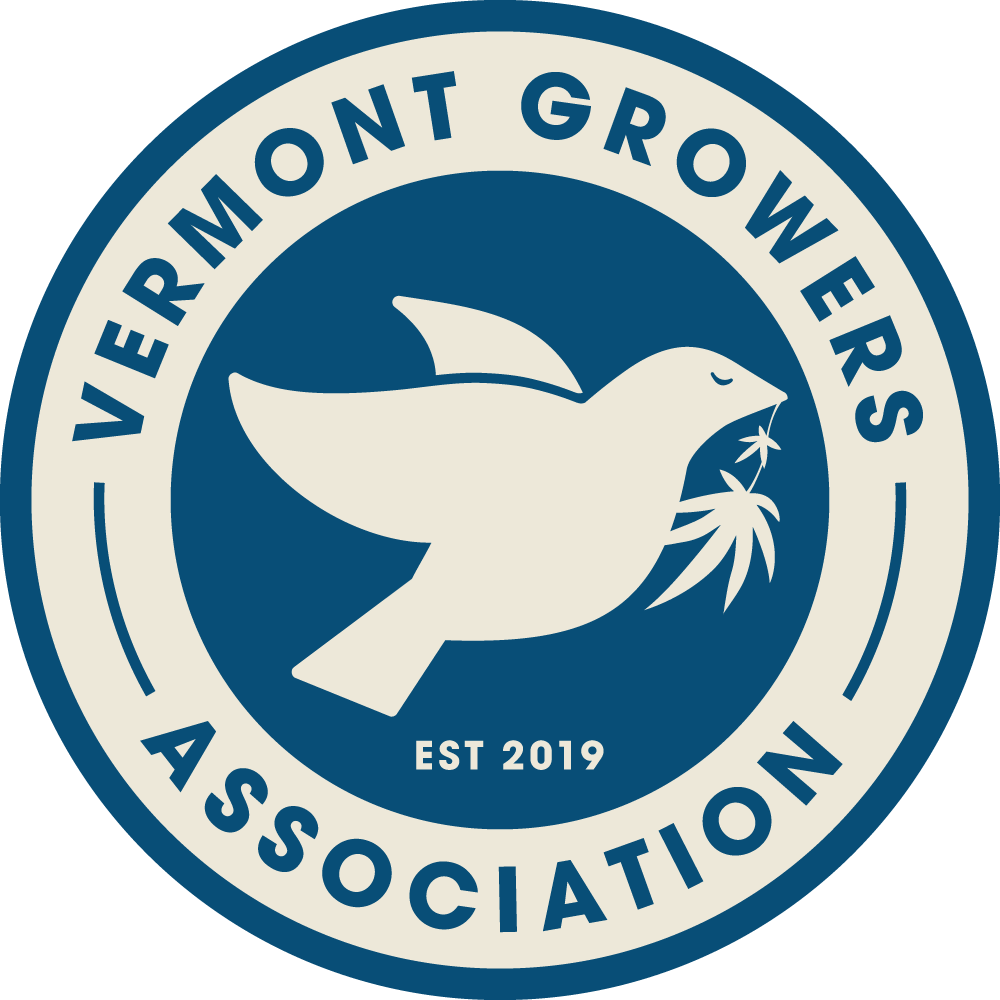
Overview
Act 164 (2020) is Vermont’s new taxation and regulation law, enacted on October 7, 2020. Governor Phil Scott (R) allowed the bill to become law without his signature, and a long list of concerns about racial justice, equitability, and accessibility for BIPOC, small businesses, and farms for legislators to revisit in 2021. Vermont had already legalized cannabis in 2018 when Governor Phil Scott signed Act 86, allowing adults 21 and older to possess up to one ounce of flower, five grams of concentrates, and grow two mature and four immature plants per household, all without establishing a legal marketplace. Act 164 (2020) creates an adult-use marketplace in Vermont with retail shops, cultivation licenses, and more.
Quick Facts
Act 164 (2020) was enacted on October 7, 2020.
Vermont is a retail opt-in state, which means cannabis sales cannot take place in a town without an approval vote by its townspeople.
Retail opt-in creates a patchwork of towns that can and cannot sell cannabis, which also contributes to a bottleneck effect on the supply chain.
78 out of 247 Vermont towns and cities have opted into retail sales, which is about 32% of municipalities throughout the state.
Only retailers may sell to the general public. There are no farmer's markets or direct-sale allowances for producers.
There are no public consumption or lounges yet.

Frequently Asked Questions
Vermont now has a regulated adult-use marketplace, and the enabling statute, Act 164 (2020), includes retail opt-in policy that blocks licensed businesses from lawfully selling cannabis until the townspeople vote to approve sales in their town. Below, we break down common questions about retail opt-in and how to navigate the process to allow cannabis sales in your town.
-
Retail opt-in means a town or city must vote, by ballot, to allow cannabis retailers to operate in the new adult-use cannabis marketplace. No Vermont town can have a retail location without first opting into the marketplace. Town approval does not mean a retailer will open in that town, local ordinances and permitting will still apply.
Opt-out is the preferred way to form an adult-use cannabis marketplace, as some states have done, which means every town automatically enters into the marketplace – opt-in is not required. Vermont's Act 164 has opt-in as a result of negotiations between the House and Senate and deliberations in the Committee of Conference.
-
There are two ways to get your town to vote on retail cannabis opt-in, the first way is during Town Meeting Day, the other way is to warn a special meeting.
If you want to try to pass retail opt-in during Town Meeting Day, you have two options. First, you can try to convince a member of your local Select Board to vote on placing a question on the ballot. If that doesn't work, you can petition your towns' residents to get a question placed on the ballot. A resident can get a question placed on their Town Meeting Day ballot with, usually, 5% of the total registered voters. Ask your town clerk how many signatures you need to get a question placed on your Town Meeting Day ballot.
If you want to try to warn a special meeting to pass retail opt-in, this process requires convincing a member of your local Select Board or City Council to hold a special meeting to vote on whether to allow the townspeople to vote on retail opt-in. Vermont towns warn special meetings throughout the year to allow residents to vote on important matters between Town Meeting Days. Keep in mind, a resident can only compel their town to place a question on a ballot during Town Meeting Day, this is what makes Town Meeting Day unique, warning a special meeting can be more challenging.
Whether you decide to pass retail opt-in during Town Meeting Day or warn a special meeting, make sure to have your ballot language prepared before you contact your local elected officials, this will increase the likelihood of getting retail opt-in approved.
-
Contact a member of your local Select Board or City Council and ask them to consider voting on placing a question before the people of their town about opting-into the new adult-use market. Send them language to consider, this will increase the likelihood of getting retail opt-in approved. Explain to them, under Act 164, every town will get a local application fee to offset expenses and that having them vote on the question is safer than collecting signatures during a pandemic.
If you get rejected, you can still petition your local residents to get a question placed on the ballot for Town Meeting Day.
-
First, create the petition by including the entire question on every page, and blank fields for a resident's name, street address, and signature. Here is an open source petition template to help get you started. Here is a guide to petitioning your local government from the Vermont Secretary of State website.
Only residents of your town can add their name to the petition. It usually takes about 5% of total registered voters to get a question placed on a ballot. To help you advocate and petition for retail opt-in in your town, download, print, and share the Cannabis Retail Opt-in Fact Sheet with elected officials and townspeople.
-
Contact a member of your local Select Board and ask them to consider warning a special meeting to allow the townspeople to vote on whether they want retail cannabis stores, or not. Send them language to consider, this will increase the likelihood of getting retail opt-in approved. Explain to them, under Act 164, every town will get a local application fee to offset expenses and that having them vote on the question is safer than collecting signatures during a pandemic.
Vermont towns warn special meetings throughout the year to allow residents to vote on important matters between Town Meeting Days. Keep in mind, a resident can only compel their town to place a question on a ballot during Town Meeting Day, this is what makes Town Meeting Day unique, warning a special meeting can be more challenging.
-
Yes! Below is simple, clean, and effective ballot starter language successfully used in numerous towns across Vermont to propose to its townspeople to facilitate a vote to allow for the opt-in of retail cannabis sales.
Shall the [town of ...] permit the operation of cannabis retailers licensed by the State of Vermont under Act 164, with such sales also being subject to any city ordinances or regulations that the [town of ...] may lawfully adopt?
-
No, not really, but it's best practice to opt-in as early as possible to allow your local Select Board or City Council time to develop local ordinances and permitting for the new marketplace. The deadline to get a question on the ballot for Town Meeting Day is January 31, but you can always raise the issue at any time before, or after, Town Meeting Day. Additionally, retail operations are scheduled to begin May 2022, under Act 164, so there will be another Town Meeting Day, next year, before the market begins.
-
No. Act 164 clearly states towns must only opt-in for retail locations, all other licenses and business types do not require opting-in.
-
Act 164 states towns cannot prohibit any cannabis business type using their local ordinances or permitting. Towns have the authority to regulate all cannabis businesses through zoning bylaws, sign ordinances, and nuisance ordinances only.
-
No. State-registered medical dispensaries must apply for a new license to operate in the emergent adult-use marketplace, and can only open a retail location in a town or city that approved opt-in.
-
Yes, opt-in is a barrier-to-entry that disproportionately impacts small businesses. Large companies often have more resources to navigate over-regulation with greater success, than a small business, along with the capital needed to weather flawed cannabis policy, for instance, they can often absorb loss better than a small business.

